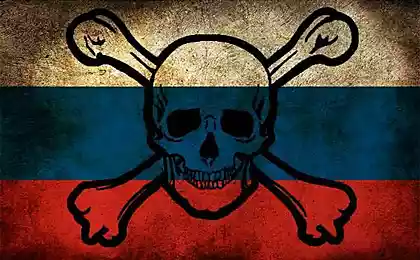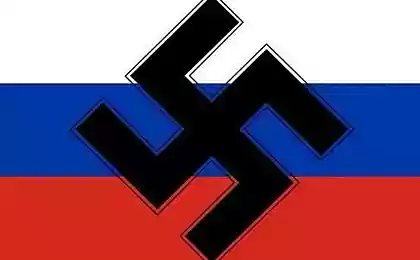16045
7 Russian insults
The Russian people is sharp on the tongue. For short, as they say, in the pocket will not climb. However, taking again expletive of "lexical pocket" is not superfluous to learn about its original meaning. Why is it, in fact, become abusive?

Fool
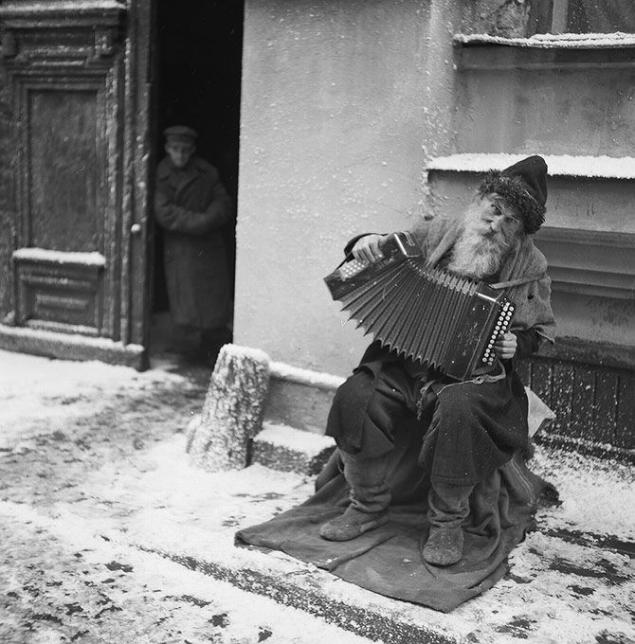
Perhaps the most common (along with the "female" option - a fool) of domestic expletives. I must say that "fools" in Russia appeared relatively recently: in wide use that word entered in the second half of the XVII century with a light hand Avvakum. The leader of the Old Believers in the hearts of fans referred to as "devilish wisdom": rhetoric, philosophy, logic, etc. Interestingly, the champions of the old faith then became known as "fools" the defenders of correcting the liturgical books at the time of the reforms of Patriarch Nikon.
It is interesting that Habakkuk spied the word of skomorosheskoy culture: probably it was the name of one of the gang of buffoons. Linguists believe that the "fool" is derived from the Indo-dur (bite, sting) and literally translates as "bitten", "stung". Perhaps the "title" fool was associated with ritual initiation into buffoons - according to one version a person must have survived the bite of a viper. By the way, on the basis of this hypothesis, saying "fool flock together", most likely originally had to do it to the buffoons. Fools in the current semantic meaning, hardly able to identify their own kind.
Bastard
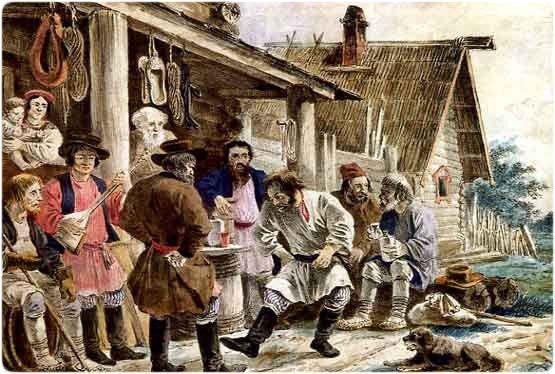
The word comes from the verb "to drag", "drag". Initially, "bastard" meant "svolochёnny anywhere trash." Then it began to move to the concept of tramps and other "useless people."
Brock
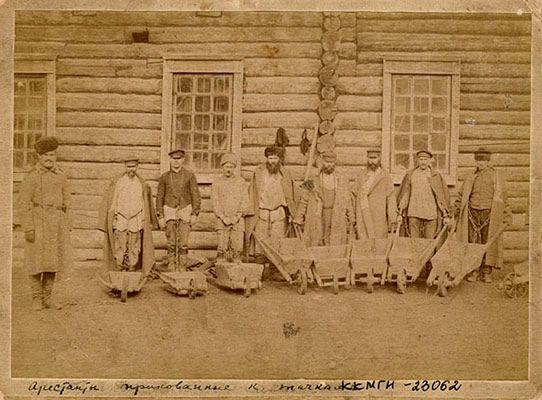
This is a curse we have learned from the Lithuanians, who used the term "base" for people with low-born origin. In the XVIII century the word "vile people" was the official term, which in the state document represents the so-called "irregular" citizens, not part of the middle class. As a rule, they were laborers, migrant workers from the countryside who live in a semi-legal status (such as "limitchikov" of the Soviet era). Only at the end of the XVIII century the word "bastard", "bitch" joined Dictionary philistine intolerance
Bastard
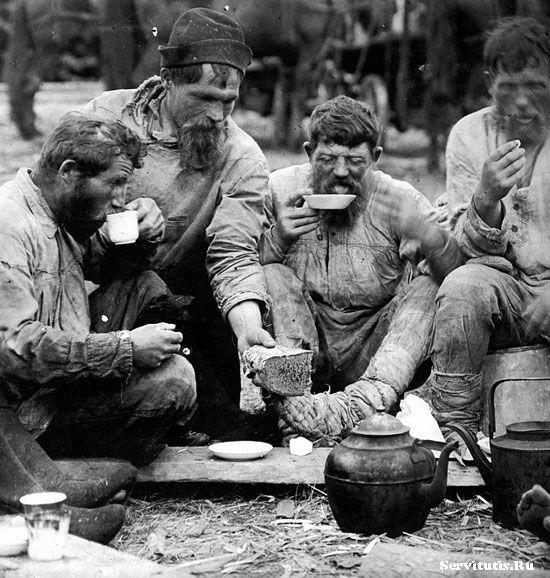
This word (although in the plural - "scum") existed peacefully in the Russian lexicon of several centuries, meaning only the remnants of the liquid at the bottom of the vessel. In the XIX century with someone's light, sophisticated, hand it was moved to the inhabitants of pubs, preferring to drink up the drops of spirits of other people's glasses. Then an expression of "the dregs of society": so called antisocial elements of the city.
Git
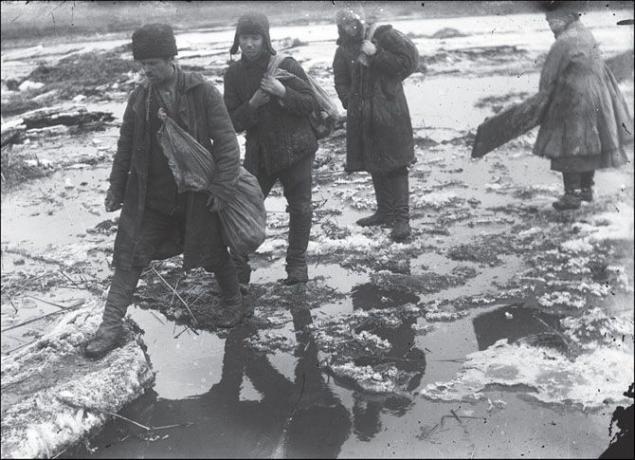
The exact meaning of this word today can not explain no scientist. However, almost all linguists agree that the "villain" (also known as "scum") is a relative of "frost". Of course, it is unlikely "bastard" can be interpreted as "frosty man." Even the "moron" as translation, is not very fit - too much expression of contempt, usually invest when they say "scum." There is a hypothesis that the villains were called criminals executed by drowning under the ice. In the Russian tradition, it was believed that people who took a death becomes "Zalozhnev dead," that is doomed to eternal wandering on earth or even a ghost - the vampire.
Trash
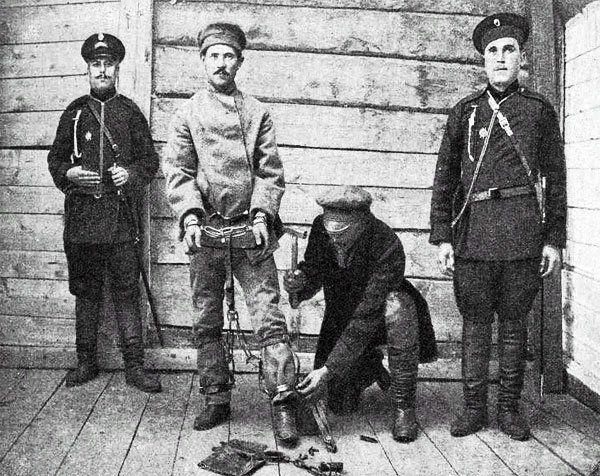
Probably originally used to mean "something ripped off" - tree bark, animal skin, etc. Then, as concluded linguists, "rubbish" became known as something of no value. However, there is an exotic version, claiming that the word in some way connected with the execution by flaying. In other words, "rubbish" called people "worthy" of such executions.
Cattle
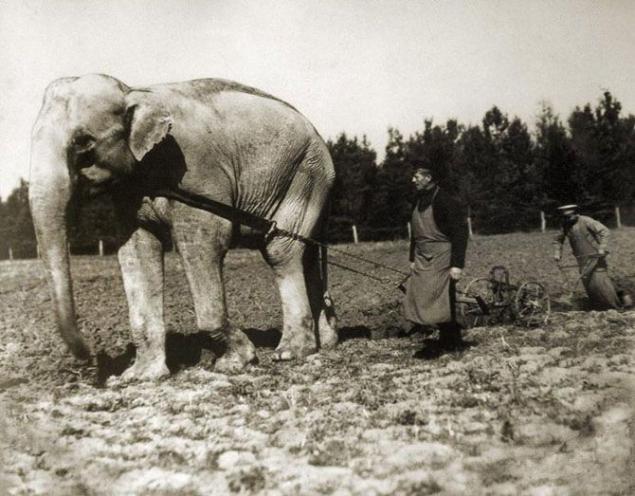
It's simple: "cattle" is translated from Polish, like cattle. So arrogant nobles preferred to call workers in agriculture. Then the bad habit given to the Russian nobility, and from them went for a walk on the middle-class environment. Interestingly, the Czechs, Poles neighbors use the word "cattle" in the sense of "home", "home". Therefore, if you become a victim of abuse that word, try on for yourself Czech version.
Source: russian7.ru

Fool

Perhaps the most common (along with the "female" option - a fool) of domestic expletives. I must say that "fools" in Russia appeared relatively recently: in wide use that word entered in the second half of the XVII century with a light hand Avvakum. The leader of the Old Believers in the hearts of fans referred to as "devilish wisdom": rhetoric, philosophy, logic, etc. Interestingly, the champions of the old faith then became known as "fools" the defenders of correcting the liturgical books at the time of the reforms of Patriarch Nikon.
It is interesting that Habakkuk spied the word of skomorosheskoy culture: probably it was the name of one of the gang of buffoons. Linguists believe that the "fool" is derived from the Indo-dur (bite, sting) and literally translates as "bitten", "stung". Perhaps the "title" fool was associated with ritual initiation into buffoons - according to one version a person must have survived the bite of a viper. By the way, on the basis of this hypothesis, saying "fool flock together", most likely originally had to do it to the buffoons. Fools in the current semantic meaning, hardly able to identify their own kind.
Bastard

The word comes from the verb "to drag", "drag". Initially, "bastard" meant "svolochёnny anywhere trash." Then it began to move to the concept of tramps and other "useless people."
Brock

This is a curse we have learned from the Lithuanians, who used the term "base" for people with low-born origin. In the XVIII century the word "vile people" was the official term, which in the state document represents the so-called "irregular" citizens, not part of the middle class. As a rule, they were laborers, migrant workers from the countryside who live in a semi-legal status (such as "limitchikov" of the Soviet era). Only at the end of the XVIII century the word "bastard", "bitch" joined Dictionary philistine intolerance
Bastard

This word (although in the plural - "scum") existed peacefully in the Russian lexicon of several centuries, meaning only the remnants of the liquid at the bottom of the vessel. In the XIX century with someone's light, sophisticated, hand it was moved to the inhabitants of pubs, preferring to drink up the drops of spirits of other people's glasses. Then an expression of "the dregs of society": so called antisocial elements of the city.
Git

The exact meaning of this word today can not explain no scientist. However, almost all linguists agree that the "villain" (also known as "scum") is a relative of "frost". Of course, it is unlikely "bastard" can be interpreted as "frosty man." Even the "moron" as translation, is not very fit - too much expression of contempt, usually invest when they say "scum." There is a hypothesis that the villains were called criminals executed by drowning under the ice. In the Russian tradition, it was believed that people who took a death becomes "Zalozhnev dead," that is doomed to eternal wandering on earth or even a ghost - the vampire.
Trash

Probably originally used to mean "something ripped off" - tree bark, animal skin, etc. Then, as concluded linguists, "rubbish" became known as something of no value. However, there is an exotic version, claiming that the word in some way connected with the execution by flaying. In other words, "rubbish" called people "worthy" of such executions.
Cattle

It's simple: "cattle" is translated from Polish, like cattle. So arrogant nobles preferred to call workers in agriculture. Then the bad habit given to the Russian nobility, and from them went for a walk on the middle-class environment. Interestingly, the Czechs, Poles neighbors use the word "cattle" in the sense of "home", "home". Therefore, if you become a victim of abuse that word, try on for yourself Czech version.
Source: russian7.ru













